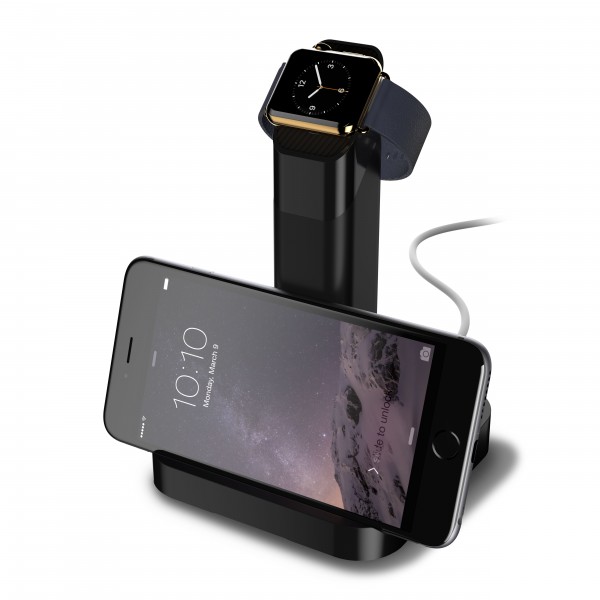
Griffin WatchStand charges Apple Watch and transforms it into a desk clock
Apple Watch is here. All hail mighty Apple and its wearable! After being teased by the company last year, Timothy Cook took the stage today to show off the full capability of the wrist-worn computer. Did it disappoint? Absolutely not. The Apple Watch does exactly what people predicted; it is an extension of the iPhone and reasonably priced -- well, at least the Sport model at $349.
Unfortunately, the Apple Watch isn't particularly useful when off your wrist -- or is it? Griffin thinks it can be and today announces the WatchStand. This nifty accessory is a charging dock for the watch, which prominently displays it as a clock. Even cooler? It can hold your iPhone too.
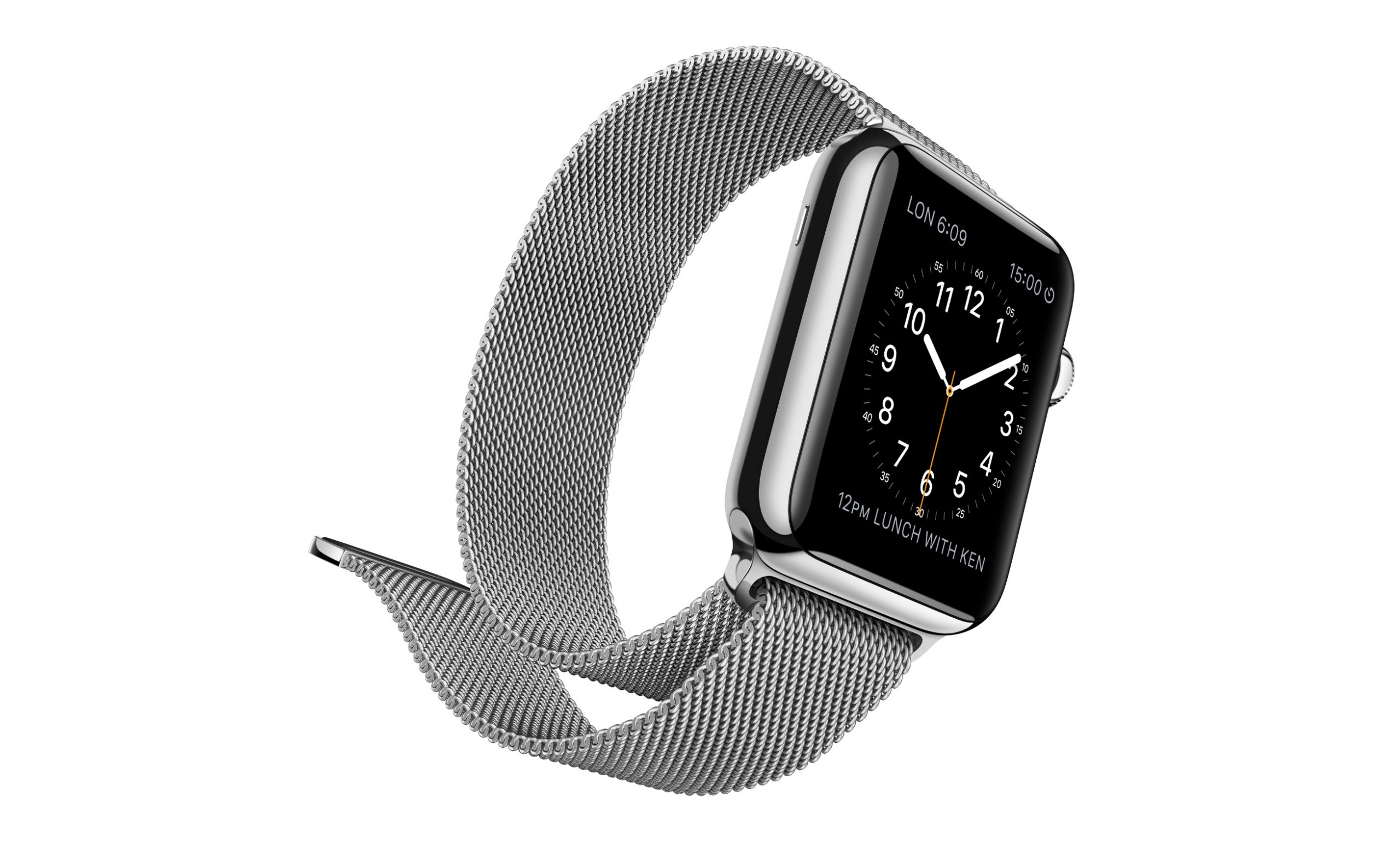
I should want an Apple Watch -- but I don't
I’m the target audience for the Apple Watch. I own an iPhone, and iPad, I’ve invested heavily in apps over the years, and I wear a watch so am used to glancing at my wrist when I want to see the time, rather than looking at my phone screen. The price doesn’t scare me off, either. Going into the Spring Forward event I was around 85 percent certain I would be buying an Apple Watch.
But now? Now I really don’t want one at all.
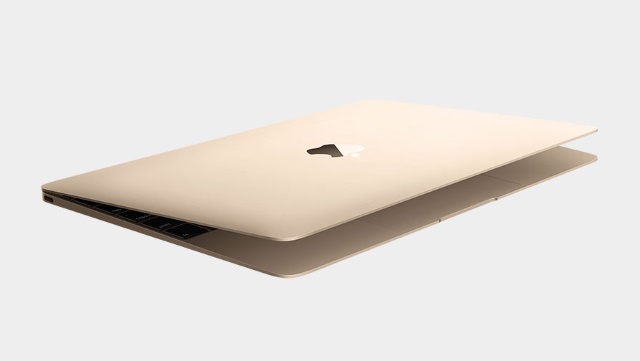
Apple announces all-new MacBook in gold, silver and space gray
The highlight of today's Apple event was undoubtedly the Apple Watch, but there was also time to announce the all-new MacBook. The first and most obvious change is that this time around, Apple's laptop will be available in three different colors -- gold, silver and space gray.
Portability is very much the name of the game with this new release. The MacBook weighs in at a mere two pounds, and is just 13.1 mm thick -- including the wafer-thin display which measures less than 1 mm. This is the lightest MacBook ever and, like the Apple Watch, Apple is promising that you will get all day usage from a full battery charge.
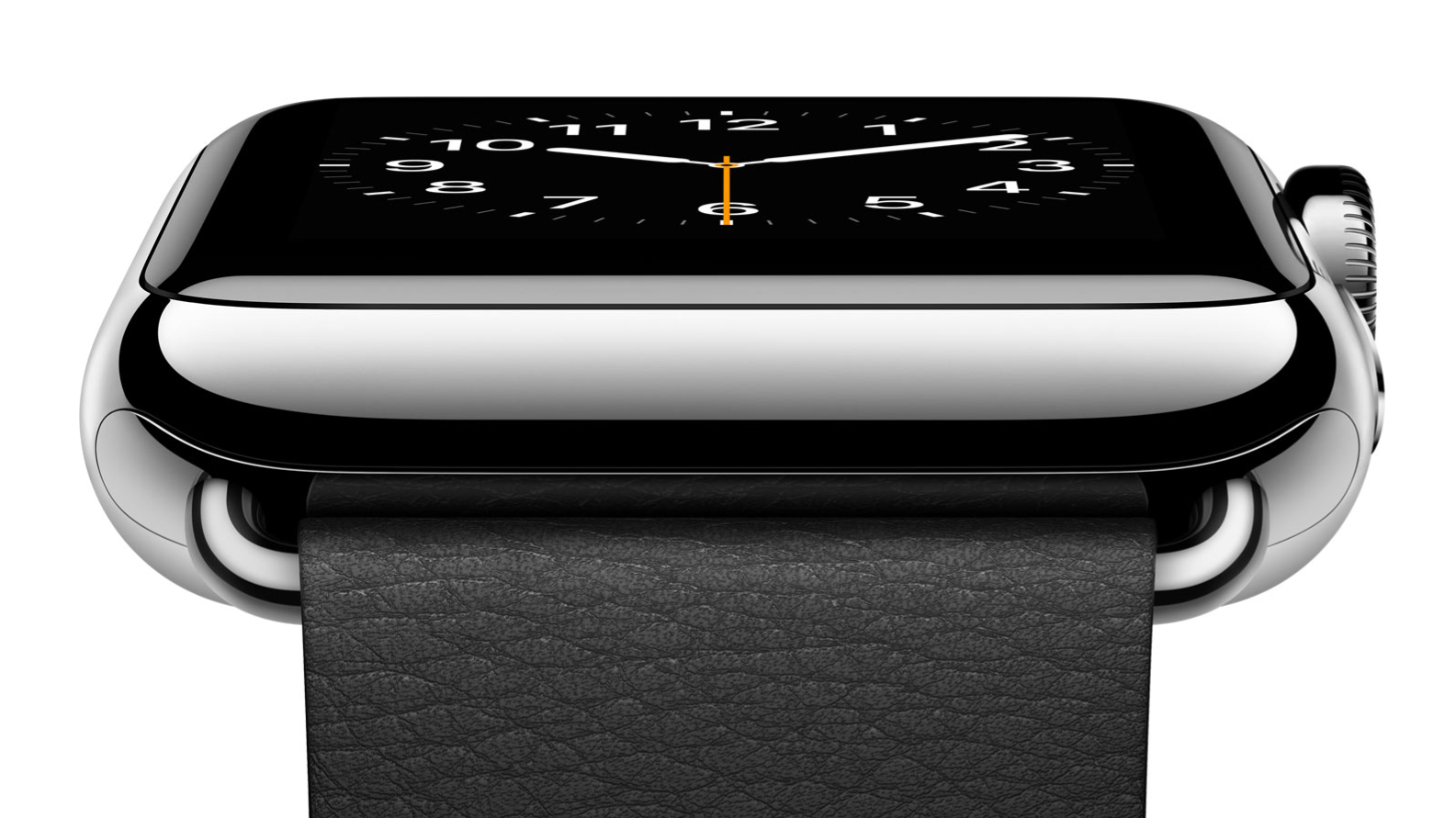
Will you buy Apple Watch -- yours from $349 to $10K-plus?
The long-hyped smartwatch from the maker of iPhone is now official. Apple takes preorders from April 10, and sales start 14 days later. For all the hype, the price is what really distinguishes the device, which will be available in aluminum, stainless steel, and solid gold—with the latter selling for minimum $10,000.
Apple Watch Sport is the lower-cost option in 38mm and 42mm cases, starting at $349 and $399, respectively. Apple Watch ranges from $549 to $1,049. Apple Watch Edition is the pricey one starting at $10K. At launch, the wristwear will be available in Australia, Canada, China, France, Germany, Hong Kong, Japan, United Kingdom, and the United States. Today's big question: Will you buy one? And which?
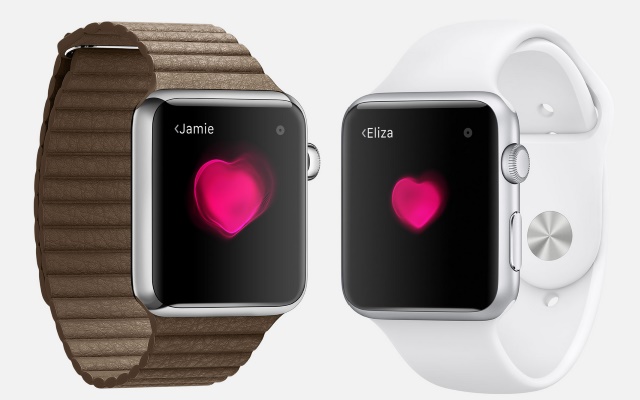
Apple carves itself a niche at the top of the market with Apple Watch
For many people, Apple has long been seen as a company that pumps out expensive products. Today this view was crystallized with the release of the Apple Watch. The Apple Watch Edition, crafted from 18 karat gold has a starting price of $10,000. But if this is a little beyond your reach, there are other options to choose from.
Starting at the more reasonable $349 for a 38mm model, or $399 for the 42mm model, the aluminum Apple Watch Sport is the entry-level version and the one which is likely to sell in the greatest numbers. There's also the eponymous stainless steel Apple Watch which starts at $549 for the 38mm model and $599 for the larger version. Was it worth the wait? Tim Cook would certainly like you to think so.
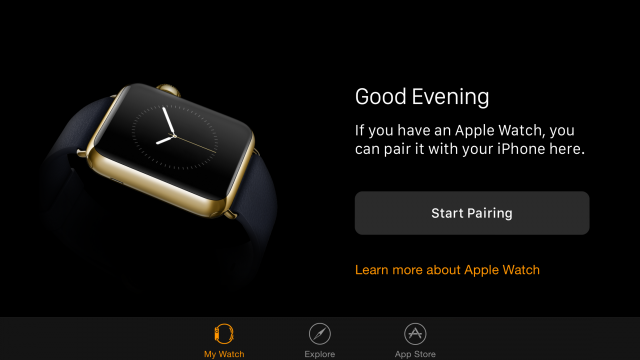
Apple releases iOS 8.2 -- here's what's new
As expected, at its Spring Forward press event, Apple today revealed more details about Apple Watch (be warned, it goes all the way up to $10k), and announced a new, lighter MacBook. But Apple also introduced iOS 8.2, which is needed to make use of the new wearable. Here is what the latest version brings to the table, starting with the Apple Watch connectivity.
After installing iOS 8.2, iPhone users will be able to pair, sync and configure Apple Watch from their smartphone, using the new Apple Watch app that is on the homescreen. Also, there's a new Activity app which shows up after pairing an Apple Watch, showing achievements and fitness data on iPhones. It should be said that Apple Watch only works with iPhone 5 and later models.
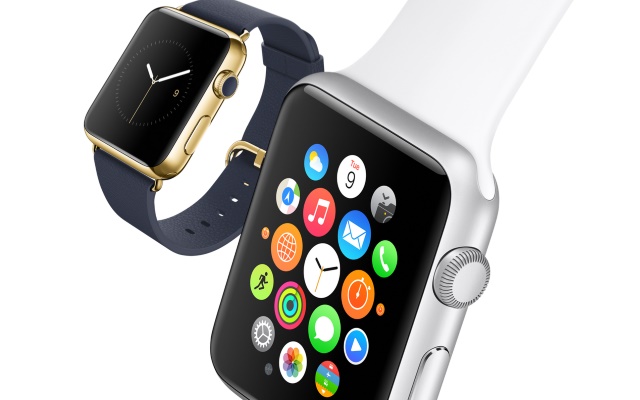
Apple Watch launches -- Live blog
So, the clocks have sprung forward and Apple's event is now underway. We'll get to find out more about the highly anticipated Apple Watch, finding out all-important details such as how long the battery is going to last between charges.
The will no doubt be a few surprises along the way, but this is the first change we'll get to see if Apple is really in a position to take on Android Wear. Buckle up... here we go...

Google responds to Apple Watch
The newest Android "be together. not the same." commercial posted to YouTube today ahead of Apple's big smartwatch launch. The video series focuses on individuality and choice, which packs a little more punch for a wearable where one size likely won't fit all.
I like the background music, "On the Regular" by SHAMIR, in an advert by every measure focused on Apple Watch's presumed young and hipster crowd. You can be square, round, or whatever you want with Android Wear.
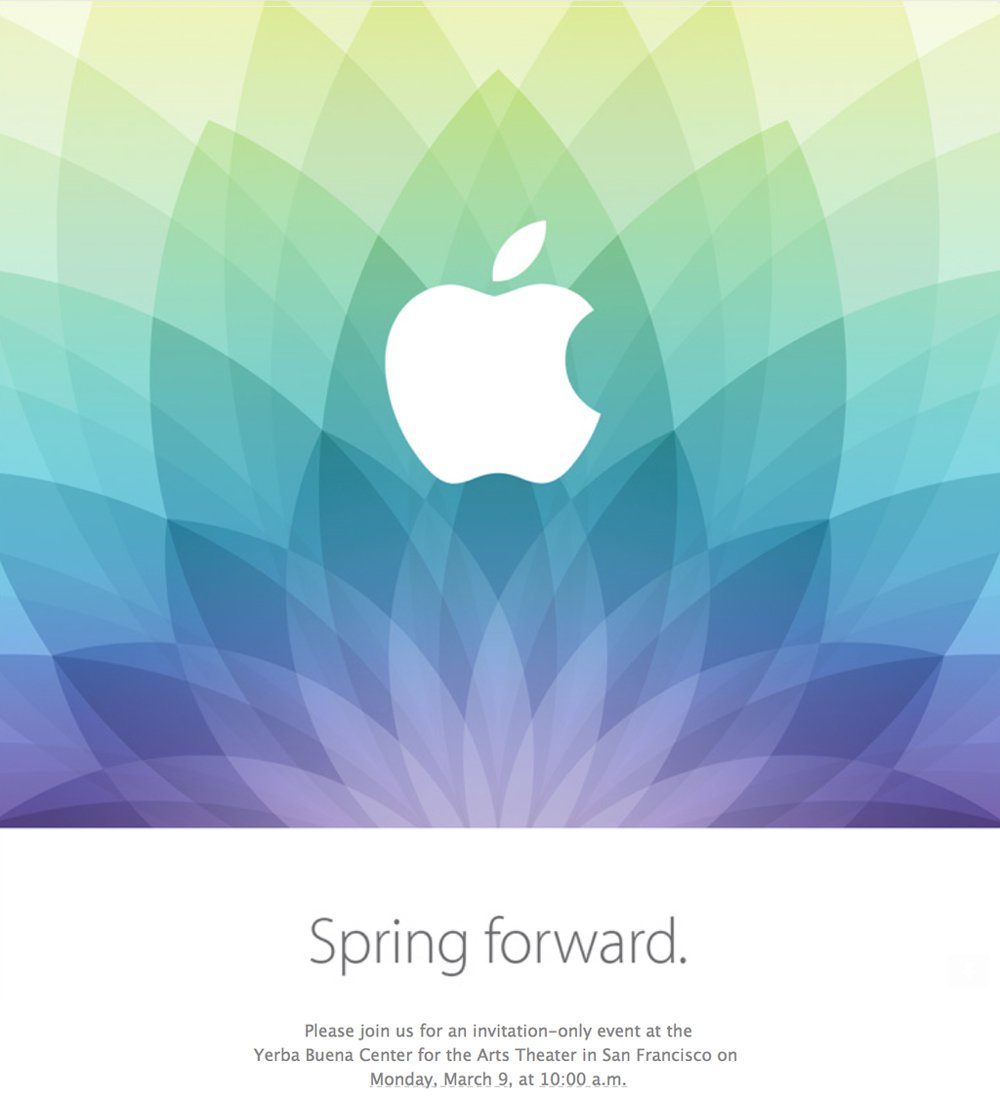
Watch Apple's 'Spring Forward' event live on any device including Windows and Android
Whether you think the Apple Watch will revolutionize wearables, or be a rare misstep for Apple, we’re about to find out as the tech giant is all set to launch its latest new product at a 'Spring Forward' event which is being hosted today at the Yerba Buena Center for the Arts Theater in San Francisco.
While the Apple Watch will be the center of attention, it’s possible that Apple will have a few other products to show off too including maybe a Retina MacBook Air and Beats Music Service.
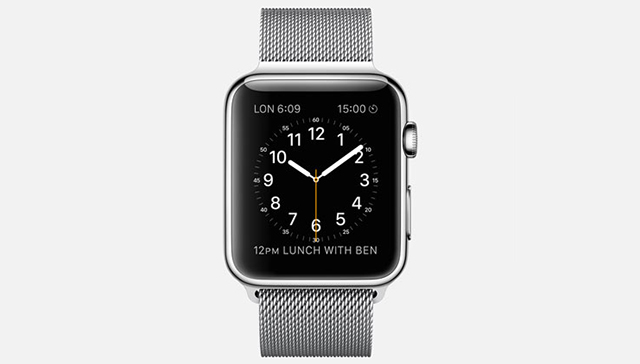
5 key reasons why you shouldn't buy an Apple Watch
Apple will begin selling its first wearable -- the Apple Watch -- next month. The most basic variant of the Watch is priced at $349, whereas the top-of-the-line edition could cost up to $19,999, according to rumors. But regardless of the price tag at which the Cupertino, California-based company decides to sell it, there are a couple of reasons why you should not bother purchasing one.
Apple unveiled the Watch at its iPhone 6 event in September last year. The Watch is Apple's newest product line after the iPad which was launched in 2010, and also Tim Cook’s first product contribution to the company he took the mantle of from the late Steve Jobs. A recent interview of Jony Ive, Senior Vice President of Design at Apple reveals that the company started thinking about the Watch as early as 2011. The company has -- without a doubt -- put an incredible amount of effort, cash, and thought into the Watch. But has it got everything right? Is the Apple Watch what we were craving for? Not really. Here's why:

Apple Watch could replace your car keys
The Apple Watch "official" launch event (as opposed to last autumn’s mere unveiling) is almost upon us -- in fact it’s a week from today -- and CEO Tim Cook has been busy stoking the hype fires one last time.
Cook talked to the Telegraph about the sort of innovations Apple is planning to bring forth with its smartwatch, one of which is that the device will be usable as your car keys -- replacing the chunky fobs that vehicles use these days.
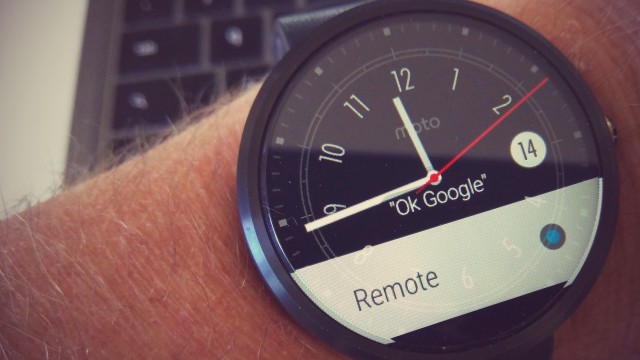
I was wrong about the smartwatch being a dumb idea
Over the holiday weekend, I started using the Moto 360, which user experience is way better than anticipated. For all the nutcases calling Apple Watch innovative and revolutionary—without there even being a device for them to test—Android Wear is, ah, timely. Google gives great utility that will be difficult for the fruit-logo company to match. Reasons are simple: Context, search, sync, UI design, and Google Now.
I resisted the smartwatch concept for having been there before. Few of the gadget geeks gushing about wearables are old enough to remember Microsoft SPOT. Mid-last decade, the company partnered with real watchmakers (Fossil, Suunto, and Swatch); the devices were as much jewelry as functional timepieces; FM radio delivered appointments, news, weather, and other alerts independent of cell phones; and battery life lasted three days or more (which wasn't enough). By these measures, SPOT watches were so much more and still failed. Hence, these are reasons why in past analyses I called the decade-later attempt dumb. But I was wrong.
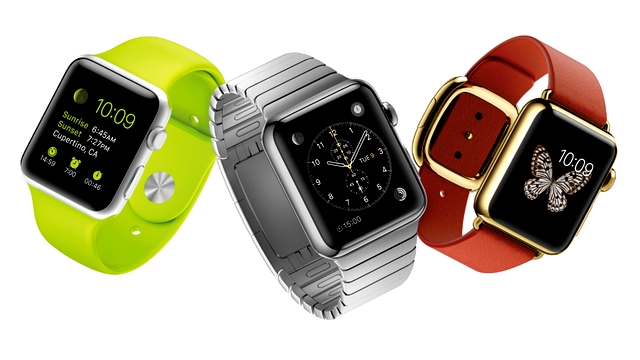
Amazing! Apple wins the smartwatch wars without ever shipping a device!
That is the only takeaway from today's brutal bias assault against Android Wear. Canalys reports half-year 2014 shipments of 720,000, and the Apple-loving free press categorizes the number as a failure. Meanwhile, the analyst firm boasts that "All eyes are now on Apple, which will reveal further details about the Apple Watch prior to its release in April". Not mine. Are yours?
Over at Wall Street Journal, Rolfe Winkler begins his hatchet piece with: "It's been a slow start for Google’s smartwatches". The search and information giant doesn't sell any of the devices, developing the underlying platform. Nitpicking aside, he ridiculously writes: "Apple sold roughly 114 million iPhones over the same period. That means Apple sold almost as many iPhones each day as makers of Android smartwaches sold over the six months". Oh yeah?
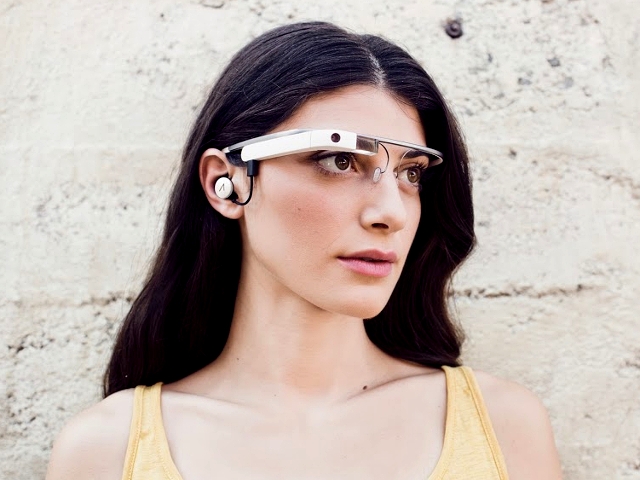
The future of wearable technology in 2015
Like it or not, wearable technology seems to be here to stay. 2014 saw many advances for the Pebble smartwatch, Google Glass stayed in the game, though remained out of the price range for most consumers. Android Wear debuted with several brands offering differing form factors. But where does this new product line head off to in 2015?
For starters, there is Apple, which announced its offering recently, though it won't be available until next year. That one is, like anything announced by the Cupertino-based company, greatly anticipated by a certain group of people. And like other Apple products, it will also be overpriced in a market where you can buy a Pebble for $99.

Apple Watch to kickstart wearables in 2015
Another report has emerged pointing to 2015 as being a massive year for wearables, with the gadgets expected to explode in popularity.
In particular the smartwatch is expected to finally take off, with the Apple Watch helping to drive that category forward when it’s released next spring. Thus far, fitness bands have easily topped the wearables category, but smartwatches are expected to accelerate rapidly now they’re shedding the geeky image with the likes of smart-looking Android Wear devices, as well as Apple’s effort.
